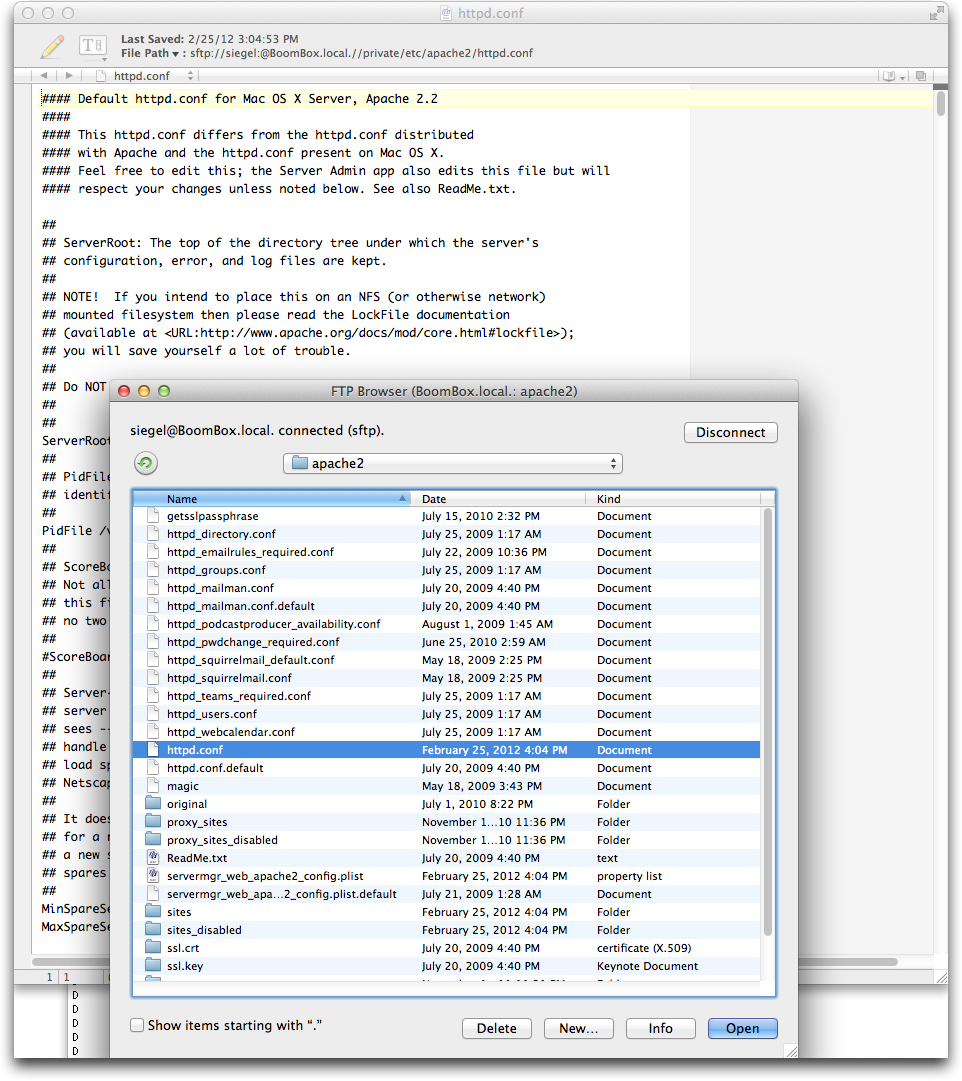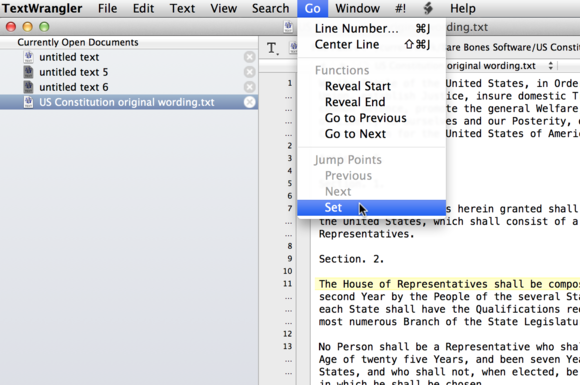
System/Library/Frameworks/amework/Versions/A/Frameworks/amework/Versions/A/Support/lsregister -kill -r -domain local -domain system -domain user You can always clear these out using the following command, which also recursively rebuilds based on the output of a -lint option: There are applications registered in the local domain, system domain and each user’s domain. The database can become pretty large and unwieldy. To disable such a feature:ĭefaults write LSQuarantine -bool NO The launchservices database is also responsible for determining whether a file type is quarantined by default (and those files that are quarantined throw a message to users when opened for the first time). The file’s contents can be read (in an unparsed form) using defaults:ĭefaults read ~/Library/Preferences/ The lsregister command is actually just a front-end management tool for the ~/Library/Preferences/ file. System/Library/Frameworks/amework/Versions/A/Frameworks/amework/Versions/A/Support/lsregister -u /Developer/Applications/Xcode.app To unregister Xcode you would use the -u option: You can also unregister a specific application using the -u option. System/Library/Frameworks/amework/Versions/A/Frameworks/amework/Versions/A/Support/lsregister -f /Developer/Applications/Xcode.app You can force an application to re-register file types for that application using the -f option followed by the application path. For example, to open an XML file called daneel.xml in TextWrangler (assuming your working directory contains bob.xml): To do so run the open command and define the application (using the -a option) followed by the app and then the file. When this happens, you can quickly and easily check if the problem has to do with the launchservices database. Sometimes applications don’t open with a given file type. System/Library/Frameworks/amework/Versions/A/Frameworks/amework/Versions/A/Support/lsregister -dump > dump.txt You can then grep the database or redirect the output into a text file for parsing: System/Library/Frameworks/amework/Versions/A/Frameworks/amework/Versions/A/Support/lsregister -dump You can dump the database to the screen using the -dump option: System/Library/Frameworks/amework/Versions/A/Frameworks/amework/Versions/A/Support/lsregister

To see the options available to lsregister, run the command with no operators:

lsregister is part of Core Services, and stored in /System/Library/Frameworks/amework/Versions/A/Frameworks/amework/Versions/A/Support. The lsregister command is used to query and manage the Launch Services database, or the database that is used to determine the default application used to open files of various types.


 0 kommentar(er)
0 kommentar(er)
